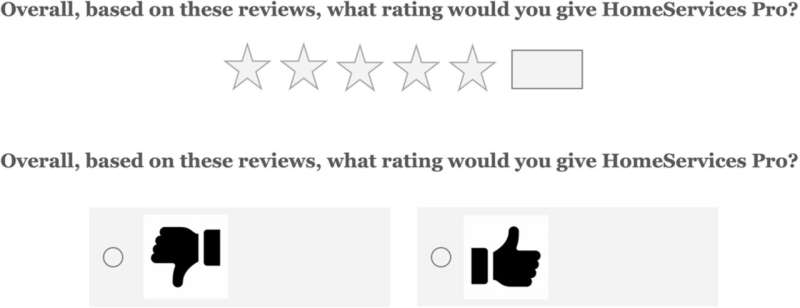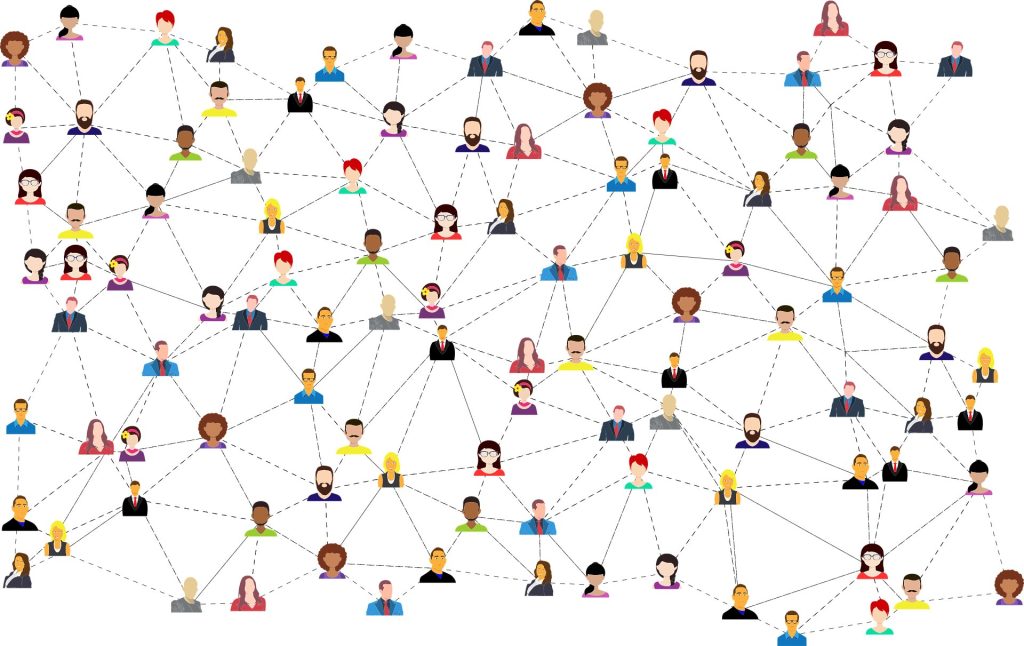In a world where digital ratings can shape careers, new research shines a light on how even small changes in feedback systems can positively impact fairness. A team from the University of Toronto has discovered a simple tweak that reduces racial bias in performance ratings—offering a hopeful glimpse into a more equitable future.

Picture this: you’ve just had a handyman over to fix a pesky leak, and as they leave, your phone buzzes for a rating. Do you go for three stars, four, or five? This seemingly simple task can reflect deep-rooted societal biases, particularly regarding race. Researchers at the Rotman School of Management wanted to explore this, and what they found is both enlightening and encouraging.
In their study, they examined data from a home maintenance platform and discovered a pattern: white contractors consistently received higher ratings than their non-white counterparts. Specifically, white workers scored five stars 86.9% of the time, while non-white workers achieved that only 83.4% of the time. The difference, though subtle, has significant implications for earnings. Those lower ratings directly affected income, resulting in non-white workers earning about 91 cents for every dollar earned by white workers.
As Katherine DeCelles, one of the lead researchers, pointed out, these small rating differences have a disproportionate impact on income. It highlights how the structure of our rating systems can unintentionally reinforce biases that can affect livelihoods.
But here’s where the story takes a turn for the better. In an effort to combat this subtle form of bias, the team tested a new method: switching to a simpler two-point rating system where clients simply answered “yes” or “no” to whether they would use the contractor again. The results were promising—the racial disparities in ratings nearly vanished, and new workers who joined post-switch enjoyed fairer earnings for the same work.
Even further experiments reinforced these findings. Participants rated performances more equitably when faced with just two options. The additional complexity of multiple ratings seemed to open the door for personal biases to impact decisions, while a straightforward affirmation or negation created clearer evaluations.
As our world increasingly relies on digital platforms for services, this research offers a refreshing reminder of the importance of simplicity. By limiting choices, platforms can help mitigate the effects of unconscious biases. DeCelles suggests that businesses should regularly review their systems to catch potential biases in ratings and consider offering additional feedback methods that don’t impact pay.
This discovery serves as a beacon of hope for fairer evaluation practices across various industries. It’s a testament to the power of thoughtful design in creating fairer workplaces, and a reminder that even minor changes can have a profound impact.
More information:
Tristan L. Botelho et al, Scale dichotomization reduces customer racial discrimination and income inequality, Nature (2025). DOI: 10.1038/s41586-025-08599-7
If you would like to see similar science posts like this, click here & share this article with your friends!





